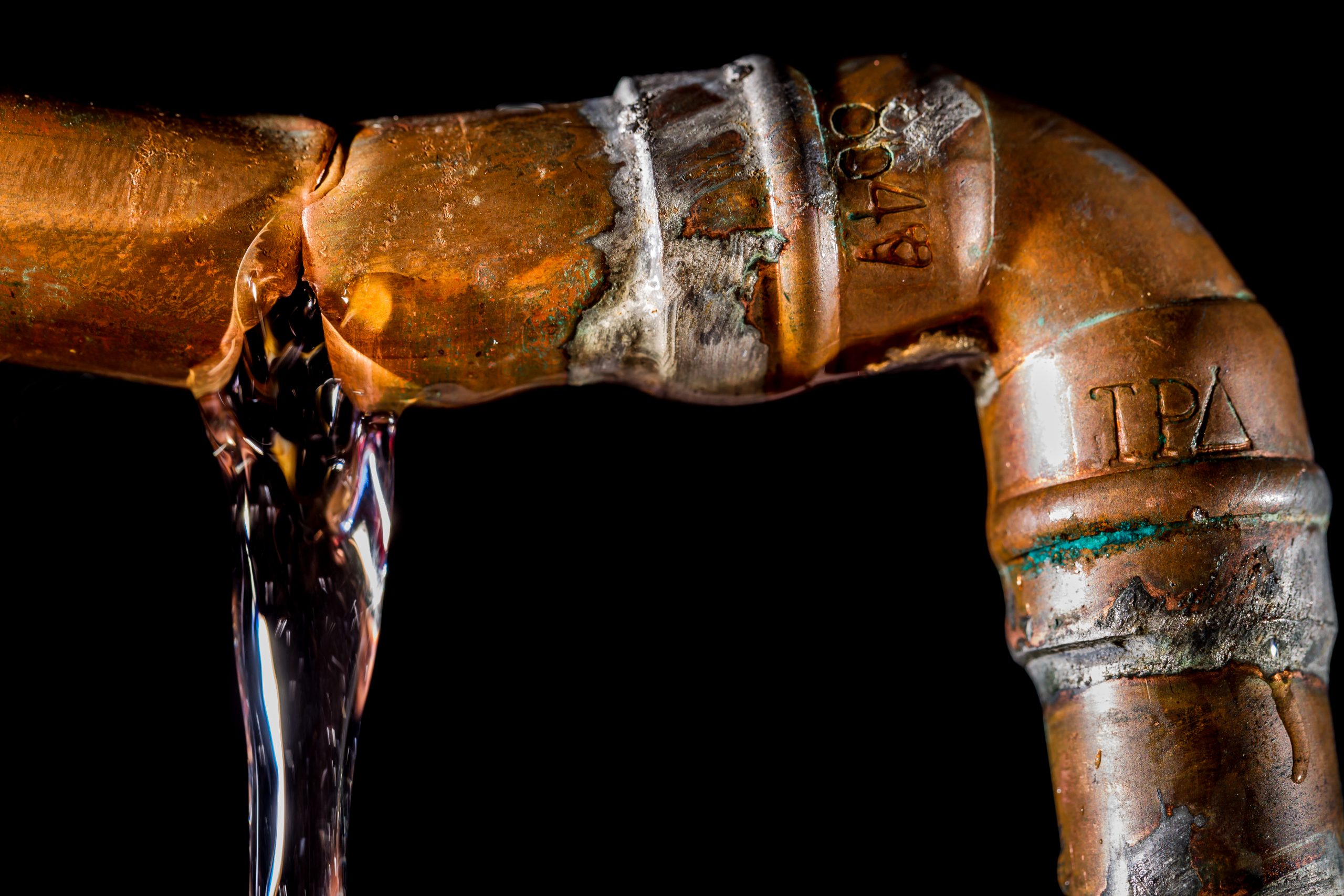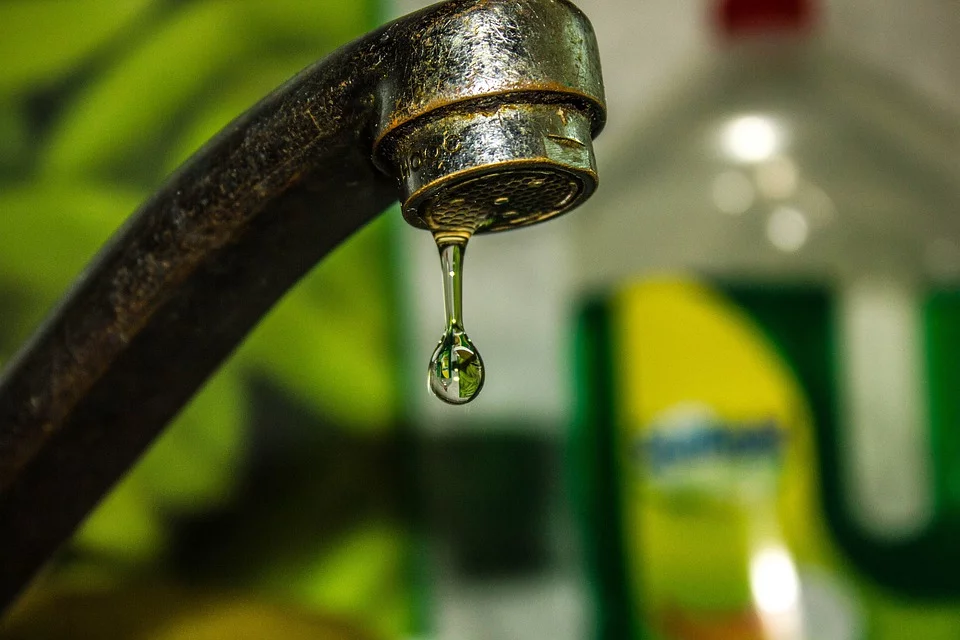Just how do you feel about How to stop pipes from freezing during the winter?

All house owners who stay in warm environments need to do their best to winterize their pipes. It is something you need to do during autumn before deep wintertime truly begins. Failure to do so can lead to disaster like frozen, fractured, or ruptured pipelines. If the weather condition outside is frightful, right here are some useful winterizing hacks to keep your plumbing system protected even.
Activate the Faucets
When the temperature level declines and also it seems as if the cold temperature level will last, it will certainly help to switch on your water both inside your home and also outdoors. This will certainly keep the water moving with your plumbing systems. Furthermore, the movement will decrease the freezing process. Notably, there's no need to transform it on full force. You'll end up throwing away gallons of water in this manner. Instead, aim for regarding 5 declines per min.
Open Up Cupboard Doors Hiding Plumbing
When it's chilly outside, it would be helpful to open closet doors that are concealing your pipes. Doing this little method can maintain your pipelines cozy as well as limit the potentially harmful end results of freezing temperatures.
Take Some Time to Cover Exposed Water Lines
One great and also easy hack to warm up frigid pipes is to cover them with cozy towels. You can also use pre-soaked towels in hot water, simply do not fail to remember to put on protective handwear covers to secure your hands from the heat.
Try a Hair Dryer or Heat Gun
When your pipes are nearly freezing, your dependable hair clothes dryer or warm gun is a godsend. Bowling warm air directly right into them may aid if the hot towels do not assist remove any working out ice in your pipes. Do not utilize other objects that generate straight fires like an impact torch. This can result in a bigger disaster that you can not manage. You might wind up destructive your pipelines while trying to thaw the ice. As well as over time, you might also wind up shedding your residence. Be careful!
Shut Off Water When Pipes are Frozen
If you observe that your pipelines are totally icy or almost nearing that stage, transform off the main water valve right away. You will typically find this in your basement or utility room near the heating system or the front wall closest to the street. Turn it off as soon as possible to avoid more damages.
With more water, even more ice will stack up, which will ultimately lead to break pipelines. If you are not sure concerning the state of your pipes this wintertime, it is best to call a specialist plumber for an evaluation.
All homeowners who live in warm climates should do their best to winterize their pipelines. Failure to do so can lead to disaster like icy, fractured, or ruptured pipes. If the warm towels do not assist displace any working out ice in your pipes, bowling warm air straight right into them may assist. Turn off the primary water shutoff immediately if you see that your pipelines are entirely frozen or virtually nearing that phase. With even more water, more ice will certainly stack up, which will ultimately lead to burst pipes.
PREVENT YOUR PIPES FROM FREEZING THIS WINTER
A Leading Cause of Property Damage
When the weather is taking a deep nose dive into the cold dreary days, the risk of your pipes freezing and potentially bursting skyrockets. Unfortunately, during these cold dreary months, burst pipes are the most common denominator for property damage. The pipes that are most at the risk are those that are in areas where it is most cold in your home. For instance, pipes located in interior places such as basements, attics, and your garage. Unfortunately, that doesn’t mean that the pipes running through your cabinets or exterior walls can’t freeze. Good news, however, is that you can do things to help prevent pipes from freezing.
How to Prevent Pipes From Freezing
Once the temperature starts to drop during the winter, you should be taking the proper measures needed to ensure that your pipes stay warm and that there is circulation of water through them. Some steps that experts may recommend could go against your better judgement when it comes to saving water and heat. However, it would go without saying that when expenses are compared, damaged pipes could put a bigger dent in your wallet than a water bill.
What Can I Do?
Keep your garage door closed. This is very important, especially if you have water supply lines running through your garage. Open your kitchen and bathroom cabinets to allow warm air to circulate through them. Allow air circulation throughout your home. Keeping the interior doors open will once again allow the warm air to circulate inside your home. Ensure your thermostat is running the same temperature throughout the night and day. If you plan to be away from home during the cold months, set your temperature no lower than 55° F. This should provide enough heat to keep the pipes warm and prevent any remaining water inside the pipes from freezing. For more of a long-term solution, add insulation to attics, basement, and other crawl spaces around your home. By allowing your faucet to drip, it will alleviate pressure in the system. This is important because the pressure that is created between the blockage and the faucet can potentially cause the pipes to burst. Allowing the faucet to drip will prevent the pressure from building up, therefore keeping the pipes from bursting. Seal any cracks, openings, and crawl spaces around your home to prevent cold air from coming inside. This keeps your pipes-not to mention your home-warmer and less susceptible to issues caused by freezing temperatures. For the pipes in your home that are easily accessible, applying electrical tape to them might prevent them from freezing over. This is a quick fix, as you can apply the tape directly to the pipe. There are two options for heating tapes. One turns on and off by itself when it senses heat is needed. The other type of heating tape needs to be applied when heat is needed and removed when not necessary. If you have exposed pipes in your home, you can check this website to take a look at a few options that would be available at a shop near you.

I was brought to that write-up about How to stop pipes from freezing during the winter through an associate on another web address. Sharing is good. You just don't know, you might be doing someone a favor. Thanks for going through it.
Browse Our Site